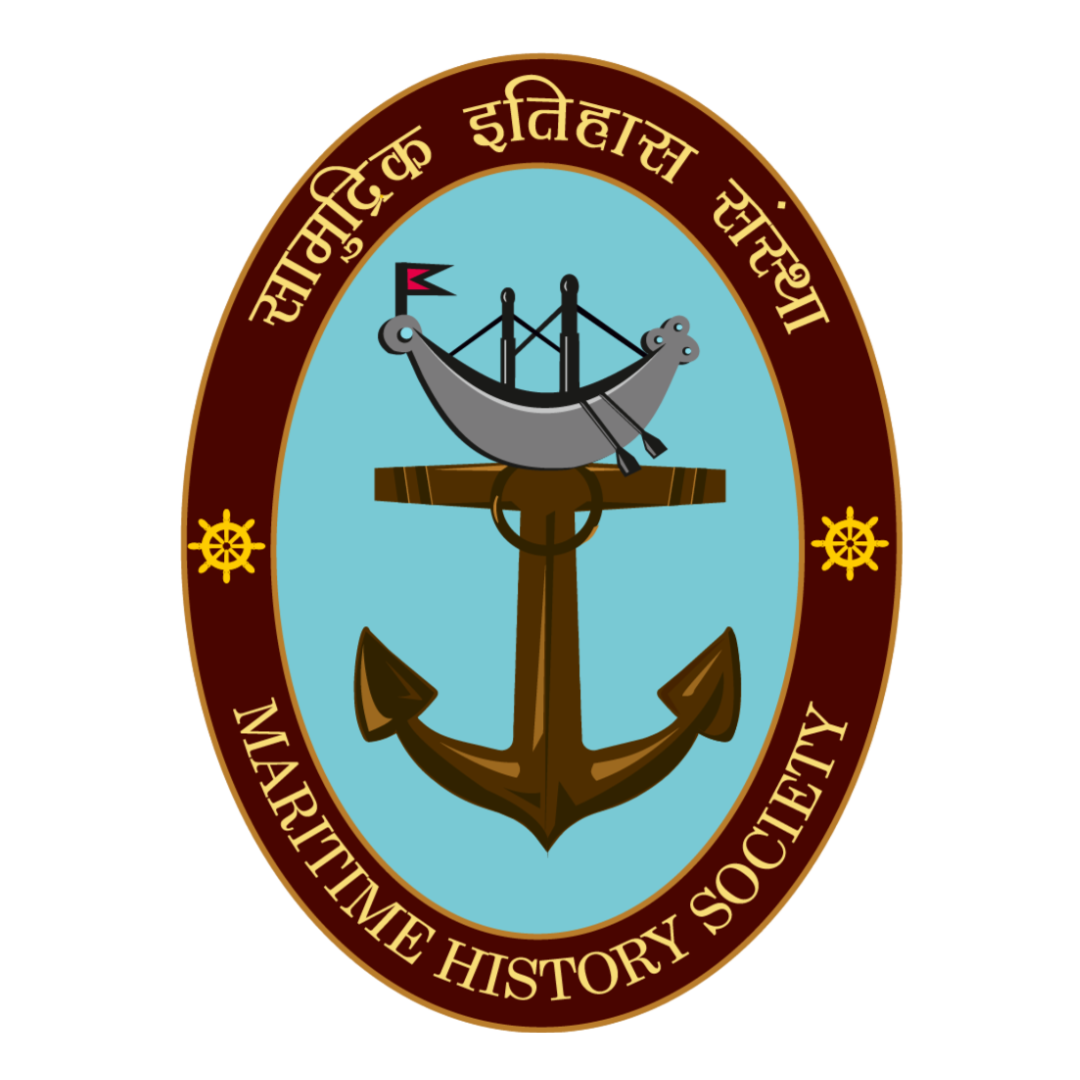International Customs Day is celebrated on 26 January every year. In order to look at the stellar role of the Customs Department in India, the blog titled ‘International Customs Day- A Historical Perspective on the Indian Customs’ is dedicated as a two-part series. The following is the first in the series to trace the historical aspects.
World Customs Organisation and International Customs Day 2023:
Before delving into the history, it is pertinent to understand what Customs are. Every nation has a dedicated Customs Authority that is responsible for the collection of duties and tariffs and overseeing the interchange of goods. Each nation has its own regulations and codes regarding the nature and kind of commodities that are permissible for import and export. The law to regulate such practices is under the jurisdiction of the Customs Authority. In order to increase interoperability on a global scale, the World Customs Organization (WCO) is set up as an international organization that oversees the different customs administrations related to international trade.
International Customs Day is celebrated every year on 26 January since 1983 as instituted by the World Customs Organization (WCO). The WCO is the only intergovernmental organization exclusively focused on matters pertaining to Customs.[1] With its global outreach, the WCO is now recognized as the voice of the Customs community worldwide, headquartered in Brussels, Belgium. Since its inception, the WCO has helped set standards for efficient custom administration worldwide. It is transnationally acknowledged as the global nucleus of customs expertise that plays a leading role in deliberations, progress, promotion, and execution of modern customs systems and actions. It is responsive to the needs of its members and its strategic environment, and its instruments and best practice approaches are recognized as the basis for sound customs administration throughout the world.[2]
In order to commemorate the inaugural session of the Customs Cooperation Council (renamed as World Customs Organisation in 1994) that was held on 26 January 1953 in Brussels, Belgium, International Customs Day was instituted to celebrate all the customs officials and agencies that ensure effective world trade management.[3] This day acknowledges the efforts of the officials and clerical professionals recognising their role which ensures the smooth operation of trade processes across international borders.[4] The International Customs Day 2023 is planned on the theme of ‘Nurturing the next generation: promoting a culture of knowledge-sharing and professional pride in Customs’.[5]
Historical Beginnings of Customs in England and India:
The modern-day enunciation of the Customs Department in India is a continuation of the British system owing to our colonial history. The concept of Customs was introduced in India immediately after the consolidation of British rule and continued thereafter. Although, a lot of amendments followed post-independence to accommodate Indian economic interests. But, what is generally overlooked is the history of Customs law and regulations in the days of the yore.
In England, it was “under the reign of King John, during the thirteenth century when ‘customary dues’ were collected by local sheriffs and chieftains as protection money for the police service rendered to the foreign traders.”[6] These show the humble beginnings of Customs in Europe after which major forms of revenue like Income Tax and Excise were conceived. Indian history has a story of its own that predates its European counterpart. In the past, Indian kingdoms and states also had the provision for the collection of custom duties and regulating the trade that materialised in the navigable rivers along with the overseas trade that transpired. Instances are found in Kautilya’s Arthasastra that date back to the 3rd century BCE indicated the collection of custom duties and taxes called- sulka and pravesya for the benefit of the state.[7] It also indicated that ‘Duties were to be collected at the city gates, each of which was to have a custom house or toll house (‘sulkasala‘) with four or five officers under the charge of the collector of customs and tolls ‘sulkadhyaksha’.[8]
In medieval times, while the Mughals had a proper taxation system in place that had provision of a Custom House called farza for the assessment of the custom dues (ushur/ushr/mahsul)[9], another important source that looks at the indigenous impetus on the collection of Custom duties is the Adnyapatra by Ramchandrapant Amatya. This manual also indicates that there was a system in place that ensured the levy of custom duties.[10] In the Indian context, missing out on the customs duties or evading them was a punitive offense. The organized and planned Customs administration was handed down to posterity and the same tradition continued despite changes in Rulers or the Government until the British brought in their system of administration.
Notes:
[1] Mahmoud Abouel Alla, Customs and Customs Legislations, 2011. p.05. Accessed and retrieved through https://aeomasr.files.wordpress.com/2014/10/d8a7d984d8acd985d8a7d8b1d983-d988d8a7d984d8aad8b4d8b1d98ad8b9d8a7d8aa-d8a7d984d8acd985d8b1d983d98ad8a9-d8a8d8a7d984d984d8bad8a9-d8a7.pdf
[2] Ibid.
[3] Menon, Jayashree (ed.), Mumbai Customs- A Timeless Voyage, Magnate Publishing House, Mumbai, 2018. p. 84.
[4] Accessed and retrieved through https://nationaltoday.com/international-customs-day/
[5] Official Website of World Customs Organisation. Accessed and retrieved https://www.wcoomd.org/en/about-us/international-customs-day/icd-2023.aspx
[6] Menon, Jayashree (ed.), Mumbai Customs- A Timeless Voyage, Magnate Publishing House, Mumbai, 2018. p. 28.
[7] Kautilya., Arthashastra: Book II- The Duties of Government Superintendents, Accessed and retrieved through http://www.columbia.edu/itc/mealac/pritchett/00litlinks/kautilya/book02.htm
[8] C. Satapathy., Did India Give the World Its First Customs Tariff?, Economic and Political Weekly 34, no. 8 (1999): p.450. Accessed and retrieved through http://www.jstor.org/stable/4407669.
[9] Akhtar, Jawaid., The Mughal Fiscal System and Merchants of Gujarat., Proceedings of the Indian History Congress 68 (2007): p.358 Accessed and retrieved through http://www.jstor.org/stable/44147847.
[10] Puntambekar, S.V. (trans), Ramchandra Pant Amatya’s Adnyapatra, , pp.229-231. Accessed and retrieved through https://archive.org/details/Adnyapatra/page/229/mode/2up



0 Comments